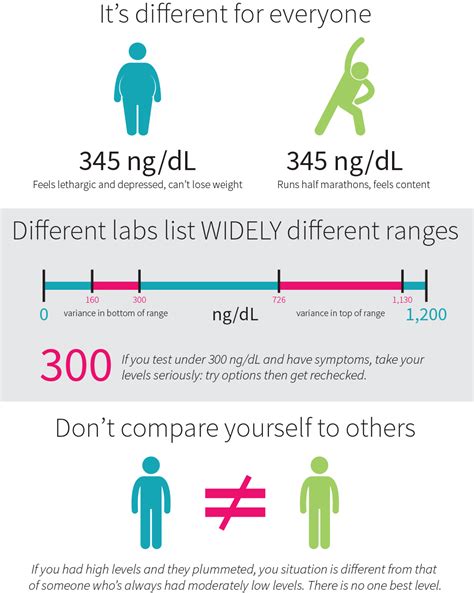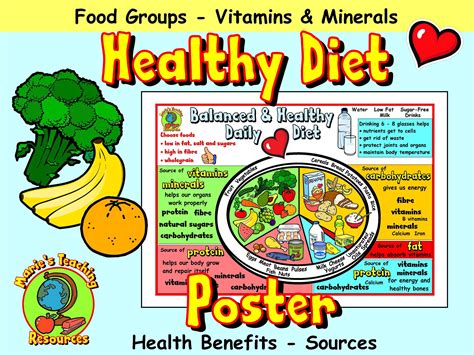What specific diet & exercise optimize natural testosterone levels for men?

Understanding Natural Testosterone Optimization
Testosterone, the primary male sex hormone, plays a crucial role in men’s health, influencing muscle mass, bone density, fat distribution, red blood cell production, and libido. While testosterone levels naturally decline with age, certain lifestyle choices, particularly diet and exercise, can significantly impact and optimize natural production. Focusing on these areas can help men maintain robust health and vitality without relying on external interventions.

Dietary Strategies for Enhanced Testosterone
Your plate is a powerful tool in regulating hormone levels. A balanced diet rich in specific nutrients can support natural testosterone synthesis.
Healthy Fats Are Essential
Contrary to outdated advice, healthy fats are critical for hormone production. Cholesterol, derived from fats, is a precursor to testosterone. Focus on:
- Monounsaturated Fats: Found in avocados, olive oil, and nuts (almonds, pecans).
- Polyunsaturated Fats: Omega-3 fatty acids from fatty fish (salmon, mackerel), flaxseeds, and walnuts.
Adequate Protein Intake
Protein is vital for muscle growth and overall bodily functions. While not directly a T-booster, maintaining good muscle mass through sufficient protein can positively impact body composition, which indirectly supports healthy testosterone levels. Include lean sources like chicken, turkey, eggs, fish, and lean red meat.
Crucial Micronutrients
Several vitamins and minerals are directly involved in testosterone production:
- Zinc: Found in oysters, red meat, poultry, beans, nuts, and pumpkin seeds. Zinc deficiency is strongly linked to low testosterone.
- Vitamin D: Often called the ‘sunshine vitamin,’ it’s more like a hormone. Low Vitamin D levels are associated with low T. Get it from sunlight exposure, fatty fish, or fortified foods. Supplementation may be necessary, especially in winter months.
- Magnesium: Abundant in leafy green vegetables, nuts, seeds, and whole grains. Magnesium can increase free and total testosterone levels.
Additionally, limit processed foods, excessive sugar, and alcohol, as these can negatively impact hormone balance and overall health.

Exercise Regimens for Testosterone Optimization
Exercise is a potent stimulus for testosterone release, but the type and intensity matter.
Strength Training: The King of T-Boosters
Resistance training, particularly using compound movements that engage multiple large muscle groups, has been consistently shown to elevate testosterone. Focus on exercises like:
- Squats
- Deadlifts
- Bench press
- Overhead press
- Rows
Aim for moderate to heavy weights with fewer repetitions (e.g., 5-8 reps) and sufficient rest between sets. Consistency is key, with 3-4 strength training sessions per week proving beneficial.
![Strength Versus Power: What is the Difference? - [P]rehab](/images/aHR0cHM6Ly90czQubW0uYmluZy5uZXQvdGg/aWQ9T0lQLjkySlR3eTRMN2F4QzViQTRkM2dJNFFIYUhhJnBpZD0xNS4x.webp)
High-Intensity Interval Training (HIIT)
Short bursts of intense exercise followed by brief recovery periods can also significantly boost testosterone. HIIT workouts are time-efficient and can be incorporated a couple of times a week. Examples include sprints, cycling intervals, or circuit training with minimal rest.
Avoid Excessive Chronic Cardio
While cardiovascular exercise is important for heart health, very long-duration, moderate-intensity cardio can sometimes lead to an increase in cortisol (a stress hormone) and a subsequent decrease in testosterone. Balance your training; incorporate cardio, but prioritize strength training and HIIT for testosterone benefits.
![Get Shredded - How To Do HIIT Workouts [Infographic HIIT Blast]](/images/aHR0cHM6Ly90czQubW0uYmluZy5uZXQvdGg/aWQ9T0lQLm1JeGlwVVp4MDBLOE1NTmd0VERXZndIYUowJnBpZD0xNS4x.webp)
Other Lifestyle Factors
- Quality Sleep: Aim for 7-9 hours of uninterrupted sleep per night. Poor sleep significantly reduces testosterone levels.
- Stress Management: Chronic stress elevates cortisol, which suppresses testosterone production. Practice mindfulness, meditation, or engage in hobbies to reduce stress.
- Maintain a Healthy Weight: Obesity, particularly abdominal fat, is strongly linked to lower testosterone. Losing excess weight can help normalize levels.
Conclusion
Optimizing natural testosterone levels for men is a holistic endeavor, deeply rooted in consistent, smart lifestyle choices. By prioritizing a nutrient-dense diet rich in healthy fats, lean proteins, and crucial micronutrients, coupled with a well-structured exercise regimen emphasizing strength training and HIIT, men can significantly support their hormonal health. Remember, consistency and patience are paramount for long-term benefits in boosting testosterone naturally and enhancing overall well-being.










